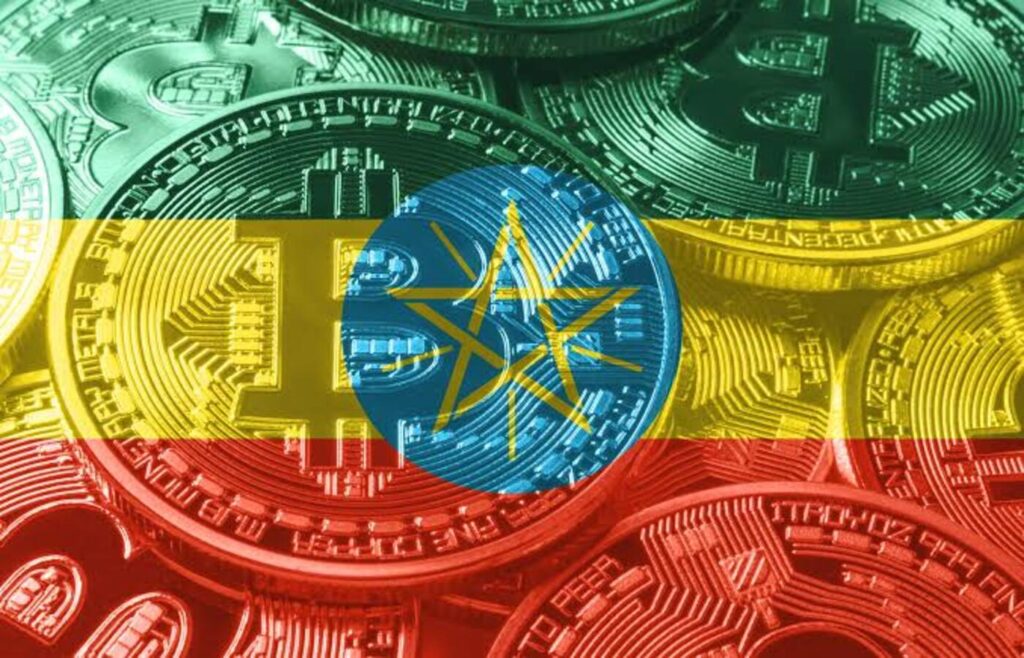Once known primarily for its agricultural exports, Ethiopia is undergoing a digital transformation, emerging as a key player in Bitcoin mining due to a mix of government initiatives and abundant renewable energy resources.
According to Ethan Vera, co-founder of Luxor Mining, local Bitcoin mining operations are already consuming a substantial 600 MW of power. This surge in mining activity is largely driven by the adoption of energy-efficient mining hardware, such as Bitmain’s S19J Pro and Canaan’s A1346 models, which are more affordable and consume less power.
https://twitter.com/ethan_vera/status/1843549861683294364
Ethiopia’s Bitcoin mining farms are primarily powered by hydroelectric and geothermal energy, which make up a large portion of the country’s renewable energy mix. This sustainable energy supply not only lowers electricity costs but also makes the country’s mining industry more environmentally friendly compared to other regions.
The country’s cool climate also provides a natural advantage for mining operations, reducing the need for extensive cooling systems. As a result, Ethiopia’s mining farms have been able to operate efficiently with minimal additional energy expenditure.
The Ethiopian government has been actively supporting the growth of the Bitcoin mining industry. In early 2024, the government’s investment branch, Ethiopian Investment Holdings, announced a preliminary agreement with West Data Group for a $250 million project to enhance the nation’s digital infrastructure to support BTC mining activity. This investment is expected to further bolster the country’s position as a mining destination.
While Ethiopia’s Bitcoin mining industry is experiencing rapid growth, challenges remain. Despite an installed capacity of 5,200 MW, a significant portion of the population still lacks access to electricity. The government’s goal of generating 25 GW of renewable energy by 2030 is a crucial step towards addressing this issue and ensuring a sustainable energy supply for both the mining industry and the broader population.
The country’s emergence as a Bitcoin mining powerhouse represents a significant milestone for Africa and highlights the continent’s growing role in the digital economy.
While Ethiopia’s Bitcoin mining industry is expanding rapidly, only 45% of the population has consistent access to electricity. The government is working to close this gap by investing in renewable energy infrastructure, but challenges remain in distributing power to remote areas.

